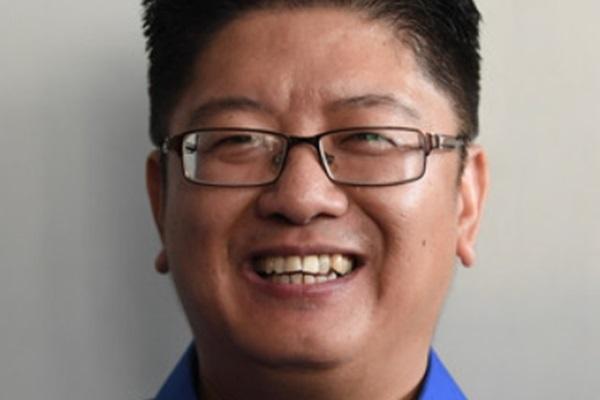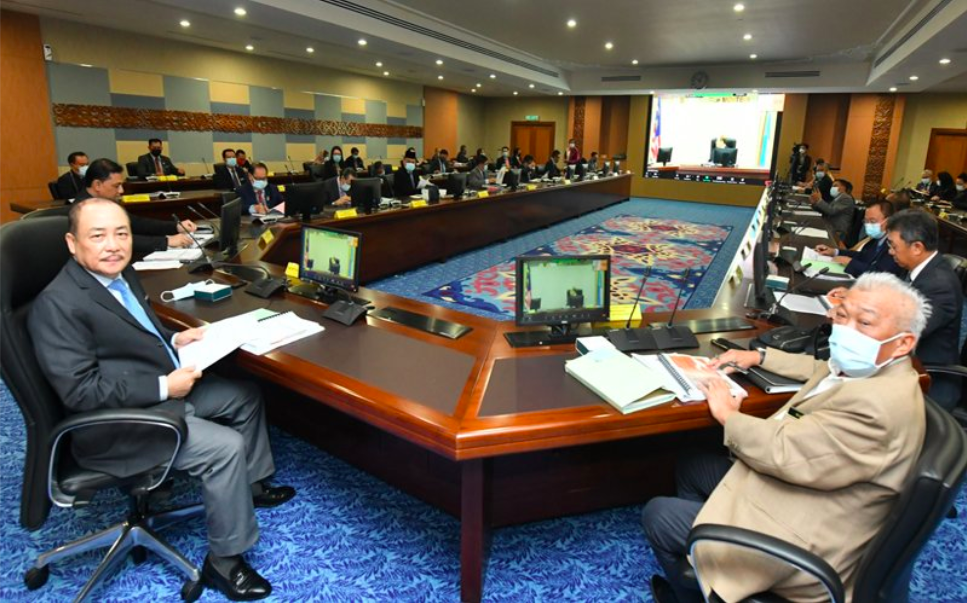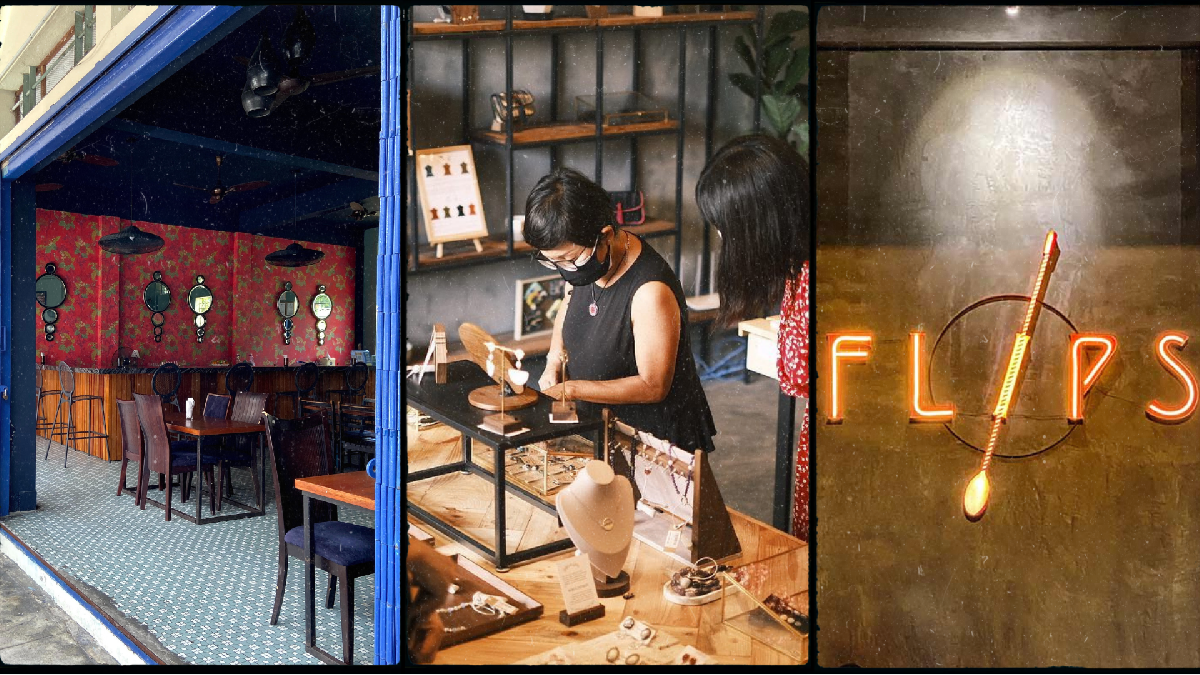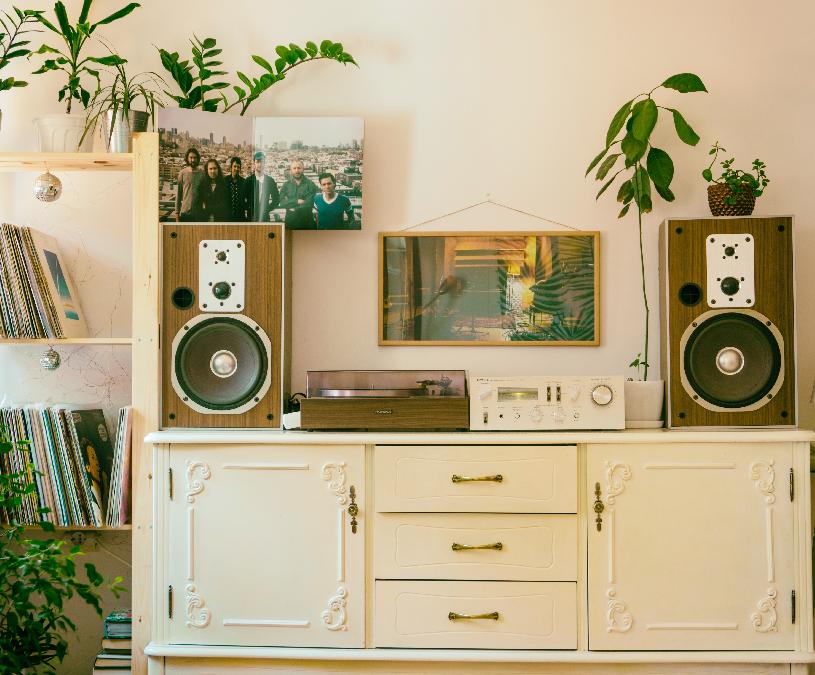Sabah Rural Development Minister Datuk Ewon Benedick (pic) has promised to bring to the Federal Government the people's concern over the reducing number of beneficiaries under the Housing Programme For The Hardcore Poor (PPRT) in the State as the unit cost of building rises.
Replying to a question during his winding-up speech at the State Legislative Assembly on Thursday, he said the unit building cost under the programme used to be below RM16,000 in its first year.
Kemabong Assemblyman Jamawi Jaafar had earlier lamented that as the building cost rose, fewer houses were built, and urged the Government to reduce the costs and let more deserving people enjoy the programme.
"Building costs have been rising and I agree with Jamawi that the matter needs to be discussed further with the relevant federal Ministry which allocates PPRT," said Ewon.
"However, another important consideration is the need for the beneficiaries to incur other costs related to their units such as installing electricity poles and cables, which are an extra burden on them."
Ewon acknowledged that there are still people eligible for PPRT assistance but have not been provided any since the allocation from the Federal Government is limited.
"As the Ministry responsible for issues related to the implementation of PPRT, I acknowledge the challenges we face because according to Sabah's statistics as of April 1, 2019, there are still 75,414 registered on E-Kasih, 18,076 people in the hardcore poor category, 20,259 in the poor category and 37,079 outsiders."
"I agree with the views of members of the House that this is actually the number in need of PPRT homes. The Sabah Government has actually agreed with the actual needs of the implementation of PPRT, which is more of the New Build programme than the Repair one."
"I have personally conveyed this State Government's wish to the federal Rural Development Ministry (KPLB). However, we are informed that the federal KPLB is also bound by existing federal policies, including the relevant federal Cabinet decisions."
The State KPLB will also use the allocation available to provide special PPRT houses for participants of the Mini Prosperous Estate programme or Mesej in the three areas proposed in the year, namely Mansalu Ranau, Tukar Pitas and Timpangoh Laut Penampang.
"The selection of the Mesej area for the construction of the participants' house takes into account crops that have been harvested or produced," he said.
"On the whole, there are currently 52 Mesej projects that have been completed and being implemented throughout the State."
To address concerns about the low palm oil and rubber prices, the Ministry is taking the initiative to embark on some additional approaches to the Mesej programme in the hope it can increase the income of the participants.
"These additional approaches include introducing the Additional Economic Activity (AET) programme in Mesej areas such as swiftlet farming, bee-keeping and other short-term farms that can produce results," he said.
"For this, we have also submitted a budget requirement to the federal KPLB through the Sabah State Economic Planning Unit to be implemented under the 4th Rolling Plan of the Eleventh Malaysia Plan next year, besides allocations available in my Ministry."
"Additionally, my Ministry also introduced a village eco-tourism programme in the relevant Mesej area where two implementation proposals this year, namely Kaingaran Mesej in Tambunan and Kinolosodon Mesej in Papar. "
"Several other Mesej areas also have great potential to be developed for this extra programme, especially those close to the beach and the sea. For this, my Ministry will work with other related Ministries, especially the Ministry of Tourism, Culture and Environment of Sabah."
Several assemblymen had also asked how PPRT units are distributed and Ewon responded by saying that districts are allocated more than sub-districts. "A sub-district usually gets eight units while a district between 14 and 18 units depending on how many are registered on the E-Kasih."
.jpeg)



.jpg)



.png)


.jpeg)
